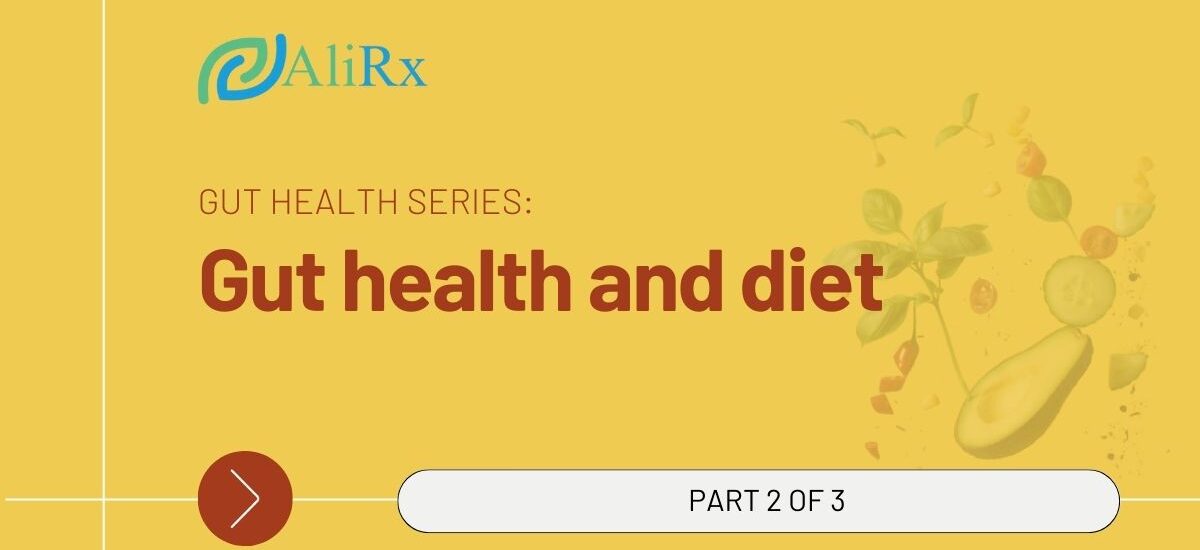Gut health and inflammation are two subjects that have been receiving increasing interest from the medical community in recent years and also serves as a premise of our program.
Inflammation is a natural response of the immune system to injury, infection, or stress. This is a healthy and natural process for our body to heal. However, chronic inflammation is not natural, nor healthy. Chronic inflammation can cause different health issues such as autoimmune disease, chronic arthritis, Alzheimers, cardiovascular diseases, diabetes, and even cancer.
The gut, on the other hand, contains trillions of microorganisms, also referred to as the microbiota. It assists in regulating the immune system and keeping your gut healthy.
This blog aims to explore the relationship between inflammation and gut health and offer recommendations for keeping the gut healthy.
Tips in Maintaining a Healthy Gut
First, let’s take a closer look at inflammation.

As a reaction to irritants like pathogens or toxins, the immune system releases cytokines that prompts the immune cells to migrate to the site of injury or infection to initiate healing. Inflammation naturally recedes once the threat has been resolved. However, chronic inflammation happens when the body experiences prolonged stress, environmental toxins, or a diet high in processed foods and sugar, resulting in an overactive immune system.
Now, let’s talk about gut health.

The gut microbiota is a thriving community of microorganisms. These tiny creatures keep our immune system in check and support a healthy gut. The mucosal layer is a special lining that protects the gut. It acts as a defense against harmful substances from penetrating the bloodstream. For the layer to be strong, the gut microbiota produces short fatty acids to nourish the cells.
So, what can we do to maintain a healthy gut and reduce inflammation? Here are some tips:
- Observe a whole food diet.
Eat foods that are higher in fat content, but lower in carbohydrate count. Here is a list of many healthy recipes to consider. (Insert link to our recipe page on website)
- Avoid processed and sugary foods.
Process and sugary foods can disrupt the balance of the gut microbiota, resulting in inflammation and a range of health problems.
- Consume probiotics and prebiotics.
Probiotics are live microorganisms that promote the growth of beneficial gut bacteria. Prebiotics are a type of fiber that nurture the gut microbiota. You can find probiotics in fermented foods like yogurt and kefir, and prebiotics in foods like garlic, onions, and leeks. Although not all prebiotics and probiotics are created equal, it is generally a healthy habit to consume them.
- Manage chronic stress.
Regular stress is a very natural and healthy thing. Stress is your bodies natural response to a situation, which often induces focus. In short periods of time, there is a big upside to stress. However, chronic stress leads to the over-activation of the immune system and chronic inflammation. Reduce stress! Try practices like meditation, yoga, or deep breathing, as well as proper rest. We have found that measuring things like sleep will create personal accountability, and thus assist in stress reduction.
To sum up, gut health and inflammation are two topics that are almost intertwined. The gut microbiota regulates the immune system and maintains gut health. A healthy gut can help to minimize inflammation and prevent a variety of health problems. By following the tips outlined above, you can take steps to maintain a healthy gut and reduce inflammation in your body.
We are excited to provide to you the last installment next in this three part series related to gut health and your diet! Stay tuned!
Sources:
- Ciorba, M. A. (2012). A gastroenterologist’s guide to probiotics. Clinical Gastroenterology and Hepatology, 10(9), 960-968.
- Gibson, G. R., Hutkins, R., Sanders, M. E., Prescott, S. L., Reimer, R. A., Salminen, S. J., … & Scott, K. (2017). Expert consensus document: The International Scientific Association for Probiotics and Prebiotics (ISAPP) consensus statement on the definition and scope of prebiotics. Nature Reviews Gastroenterology & Hepatology





